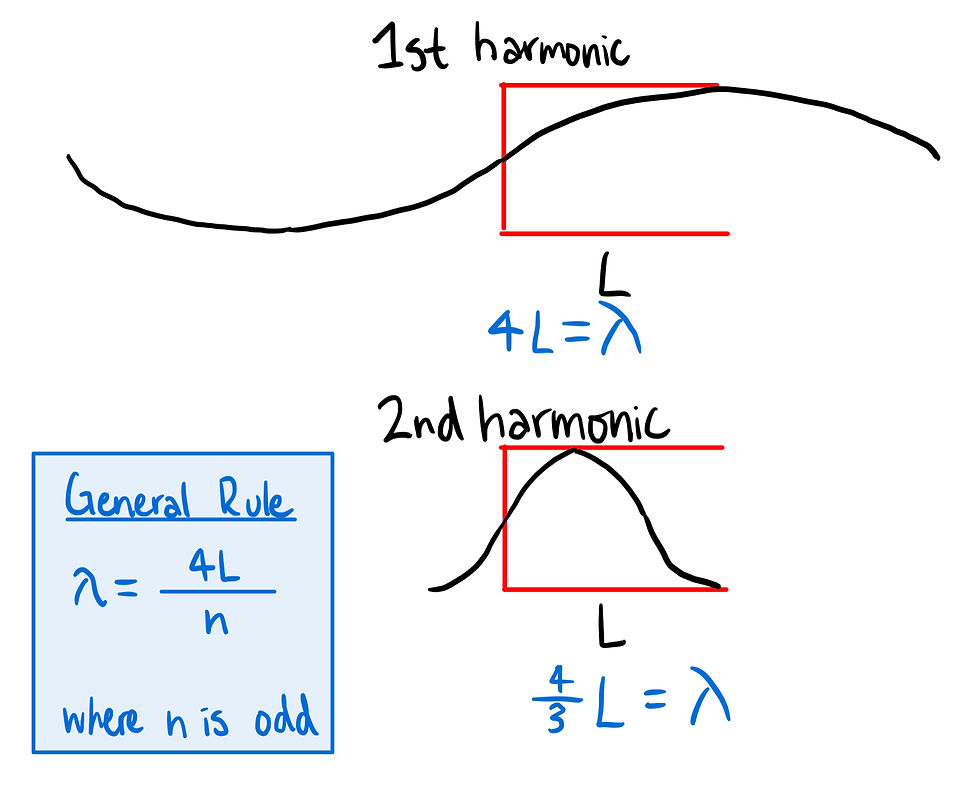PhysicsBowl 2019 Q38
- keshprad

- Apr 2, 2020
- 1 min read
38) For this question, we are presented with experimental data from an accelerometer of an elevator. Our goal is to find the greatest speed of the elevator during the given time period.
The acceleration of gravity is -9.8 m/s^2, and we should assume this to be like a zero-point; this means when the accelerator reads -9.8, our elevator will not be accelerating. We can draw a rough estimate of the shape of the graph.

Velocity is defined as the integral of acceleration, and speed is the absolute value of velocity. The only time intervals where the speed will change are from 15 < t < 30 and on 55 < t < 65.
Since the integral from 15 < t < 30 is negative and and since the integral from 55 < t < 65 is positive, during time 55 < t < 65 the elevator must be slowing down. Thus, the fastest speed will be achieved by t = 30.

The question asks for the best estimate, so our answer is the choice closest to 9 m/s.
Answer: B




Comments